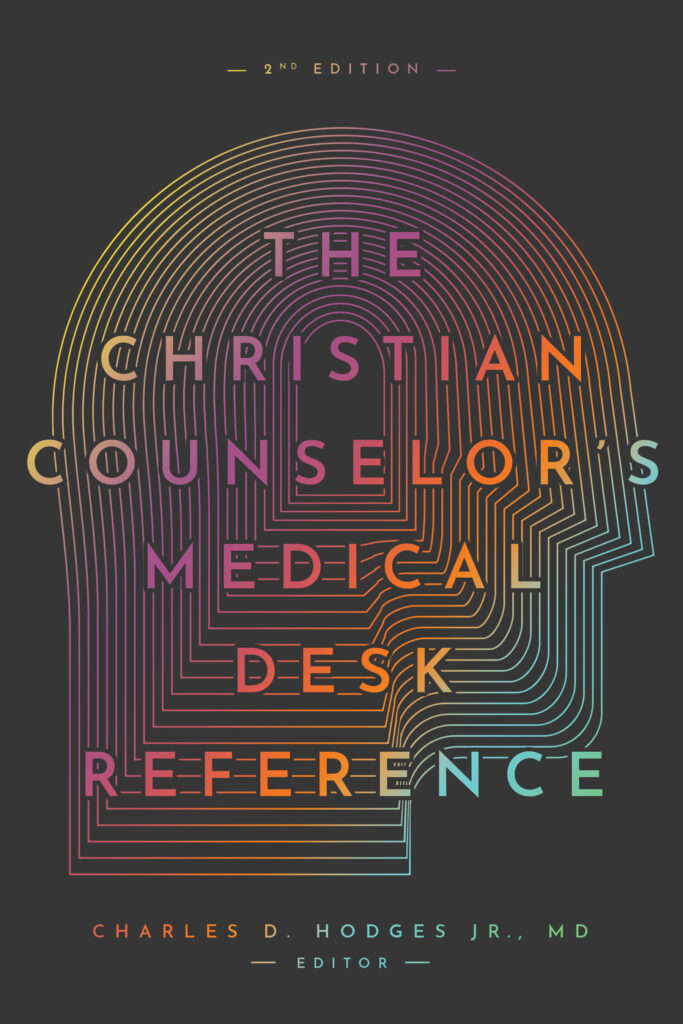Across my desk is a young couple who have come for counseling because they are having a real struggle with their four-year-old son. For reasons that are beyond their understanding, their boy has begun eating dirt. They have done everything they know to convince him that eating dirt is not at all good for him, but whenever they are not around, he goes right back to it.
They are concerned that this could be due to childhood rebellion and that maybe he decided to have his terrible twos in his fourth year instead. They have instructed, corrected, admonished, and disciplined the boy to no avail. They are looking for help and biblical principles to apply to helping their son.
Compare that to another couple who have come for a similar situation. Their darling daughter is single-handedly wrecking the tranquility of their lives. This child’s favorite behavioral tool is often seen in the local grocery store. When the mother takes her along to purchase needed food items, the girl will at some point in the trip demand that either candy or a toy be purchased for her. If the mother declines, the child begins a meltdown.
First, she whines, then she cries, while screaming that her mother doesn’t love her and never buys her anything. Eventually she is on the floor kicking and screaming until Mom abandons the trip or gives in and buys what the child wants. Both parents are very concerned and have taken the child to their pediatrician, who has told them that their daughter has DMDD (Dysfunctional Mood Dysregulation Disorder) and perhaps a hint of ODD (Oppositional Defiant Disorder). These parents are also looking for help and biblical principles that apply.
Asking the Right Questions
These two families illustrate important questions that all Christian counselors face. What part of these behaviors, thoughts, and emotions could be due to a medical problem? What part is due to their own sin? And what part is due to the suffering this person has experienced? Humanity’s fall recorded in Genesis 3 encompasses each of these areas.
These are vitally important questions because how we answer them will determine what we do about the problem. No one wants to counsel someone as though they’re simply struggling with sinful worry when in reality they are sleepless, anxious, and losing weight and hair because they have hyperthyroidism. This disease results in an abnormally high thyroid hormone running their body 50 percent faster than it should. It can result in symptoms that look a lot like anxiety. Nor do we want to counsel another person on how to fight their laziness when the primary reason they struggle to do their work is because their thyroid has shut down, leaving them tired, weak, thinking slowly, and gaining weight. We want to be able to answer the question, “What part of this is medical, and what part is not?”
This is an ongoing question for biblical counselors, both for personal reflection (to ensure we are offering wise counsel) and for direct discussion with our counselees. Many counselees may come in for counsel and say that the reason they struggle is their DSM-5 diagnosis. They will say they cannot change because they have been labeled with bipolar disorder, borderline personality disorder, panic disorder, or any of the 300-plus DSM-5 diagnoses used to describe humanity’s thoughts, emotions, and behaviors.
So how can we as biblical counselors avoid making errant conclusions about the cause and cure of these kinds of problems? What biblical principles can we bring to bear for the child who is eating dirt? A good place to start is in the gospel of Mark, where we see Jesus healing the sick.
In the first chapters of Mark’s gospel, we see Jesus healing the sick and calling disciples. Jesus calls a tax collector to follow him; Levi follows, and he became known as Matthew. That evening, Jesus goes to Matthew’s house and eats dinner with him and other “tax collectors, and sinners” (Mark 2:16).
The Pharisees grumble about this, and Jesus hears them and responds: “It is not those who are healthy who need a physician, but those who are sick; I did not come to call the righteous, but sinners” (v. 17). Our Lord is drawing a parallel for us between the real need that those who are physically sick have for a doctor, and the real need that all of us sinners have for Jesus. Sinners need a Savior! And at the same time, he directly acknowledges that the sick need a physician. With this comparison, Jesus helps us understand how to engage with both the dirt eater and the child labeled with DMDD.
Disobedience or Biology?
The first assignment that I give to new counselees who have not recently seen a physician is to make arrangements for an appropriate medical workup. It did strike me as strange that anyone would continually choose to eat dirt, which seemed to indicate that there could be more to the problem than simple childhood rebellion.
The parents made arrangements to see their doctor, who also listened to the story and ordered a couple of laboratory tests. One test showed that the child was anemic and that his anemia was due to a shortage of iron. No other abnormality was found. The doctor assured the parents that once the iron deficiency and anemia were corrected, it was likely the child would stop eating dirt. A daily iron prescription was given, and with time, the anemia was corrected. And just as the doctor said, their boy stopped eating dirt.
This child was ill, and the biblical principal that applied was the words Jesus said at dinner. The sick child needed a physician. As Dr. Robert Smith once said, “Not every medical problem will have biblical implications.” Consider if, instead, I had counseled the family as though they were only dealing with a disobedient child. Would that have been helpful at all? While it may have helped their family life in some ways, it would not have been helpful in addressing the presenting problem because the child’s dirt-eating had a clear biological cause, not a spiritual one.
DMDD or Parental Training?
The second child had a much different story, and yet the words Jesus spoke at the dinner party also yield important insights for this situation. This child saw a physician who did a complete workup, and there was no physical, objective finding to support the idea that this child had an illness causing the behavior. The label she was given was simply a description of her behavior. This child’s situation did not require a physician because she was not sick. Counseling led to the conclusion that changes could be made in the way the parents were responding to the child. Biblical principles were applied to their parenting, and the chaos in the family’s life ceased. Both parents and the child found hope in Scripture.
Dr. Smith also said, “Not every biblical counseling problem will have medical implications.” This was certainly true for this child. Medical treatment would not have been useful.
These two situations represent two ends of a continuum, but many counseling situations will live somewhere in the middle. At the same time, individuals affected by these conditions can choose to respond with or without the principles of Scripture. At both ends of the spectrum and in this middle ground, “a response that is informed by Scripture will always be superior to one that is not.”
Excerpt adapted from The Christian Counselor’s Medical Desk Reference, 2nd Edition © 2023 by Charles D. Hodges Jr. May not be reproduced without prior written permission.
The Christian counselor’s Medical Desk reference
The Christian Counselor’s Medical Desk Reference 2nd Edition helps counselors understand how some medical conditions impact counseling needs. Dr. Charles Hodges Jr. and a team of contributing physicians, health care professionals, and biblical counselors answer questions and offer solid biblical principles about counseling individuals with medical issues and address a variety of specific problems.






